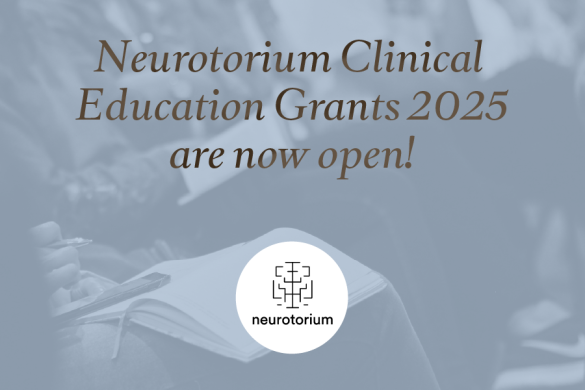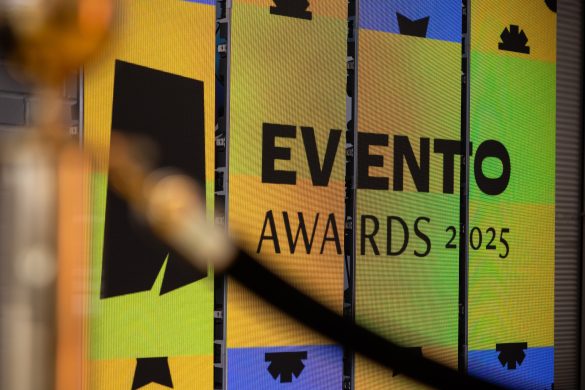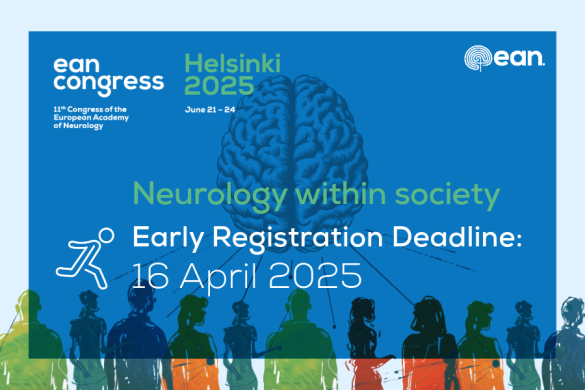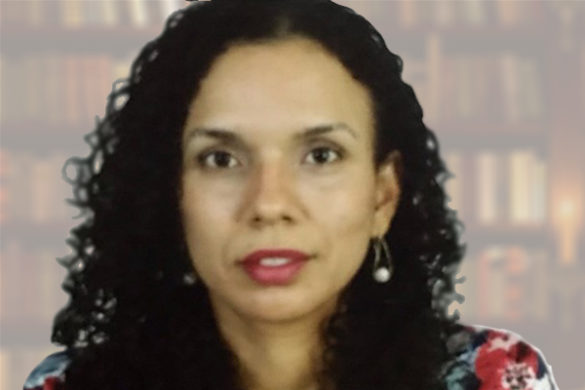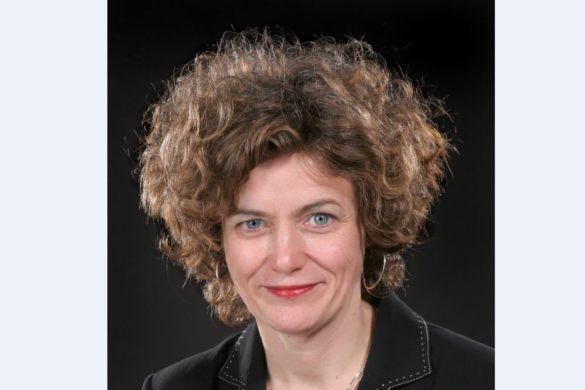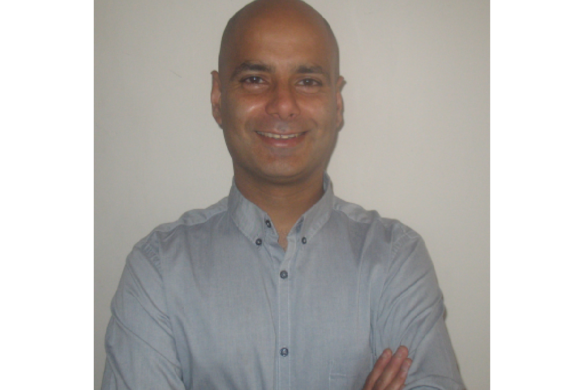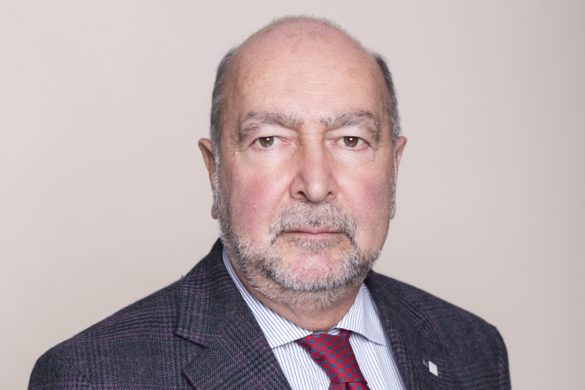Gian Luigi Lenzi: What are the main reasons why the ENS has sought a merger with the EFNS and vice versa?
Heinz Reichmann: We intend to join efforts by creating the European Academy of Neurology (EAN). This means that in the near future European Neurologists and Non-Europeans don’t have to attend two different congresses to get an update on the latest developments in Neurology. Furthermore, we can select the very best speakers for scientific and educational sessions. Most of us were directly or indirectly affiliated with both societies and felt that it would save time to concentrate on the one and only European Congress. Industry was more and more reluctant to support both meetings and is also very much in favour of one Congress. Finally, it is my strong belief that we shall have much more political influence, if we are members of a single society.
Richard Hughes: For many years European neurologists had been bemoaning the fact that there are two European meetings and not one so that they had to attend both to have the chance of meeting all their close colleagues. Almost all countries have only one neurological society so should we not have one European society? The reason was that both two strong organisations had grown up by historical accident with very different constitutions, one a society of individual members and one a federation of national societies. We owe it to our two Belgian colleagues, Professors Jacques de Reuck and Gustave Moonen, to have found a way of bringing the two organisations together. In fact legally this will not be a merger: the EFNS and ENS will cease to exist and a new organisation the EAN will come into being at the time of a joint EFNS-ENS congress in Istanbul in June 2014. The EAN will be a larger and stronger organisation and will be better able to pursue its scientific, educational and political identical missions more successfully than either the EFNS or the ENS alone.
Gian Luigi Lenzi: What are the objectives of the EAN in comparison with those of the ENS/EFNS and how to make it work?
Heinz Reichmann: The EAN will seek close contacts with the American and Asian and Oceanian Neurological Societies and we shall collaborate even more closely with the World Federation of Neurology. In addition, we shall lobby more in Brussels than previously when politicians became confused when they learnt that there are two societies.
Richard Hughes: The EAN will have a very similar mission to both the present EFNS and ENS. By being a single Academy it will be in a better position to pursue its aims. It will be able to produce better congresses, better educational courses, a better e-learning programme, a better journal and better guidelines. Creating the new organisation is very complex since the constitutions of the EFNS and ENS are very different. We are fortunate that a transition task force consisting of three members from both organisations, including Professors Jacques de Reuck and Gustave Moonen, have been and still are working hard to design the constitution and bylaws of the EAN and to manage the transition phase. Their plans are being continuously validated by the EFNS management committee and ENS executive committee.
Gian Luigi Lenzi: What are the goals of the EAN from the ENS/EFNS point of view?
Heinz Reichmann: The EAN will become the major player in the field of Neurology in Europe, in science, education and political issues.
Richard Hughes: I agree.
Gian Luigi Lenzi: Thank you for your time.
Heinz Reichmann is President of the European Neurological Society and Professor of Neurology at the TU Dresden, Germany
Richard Hughes is President of the European Federation of Neurological Societies and Emeritus Professor of Neurology at the King’s College London and Honorary Professor at the University College London, UK

